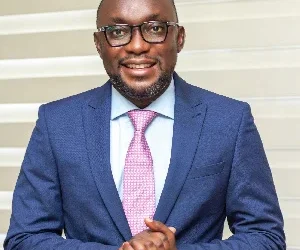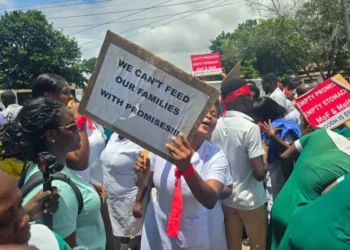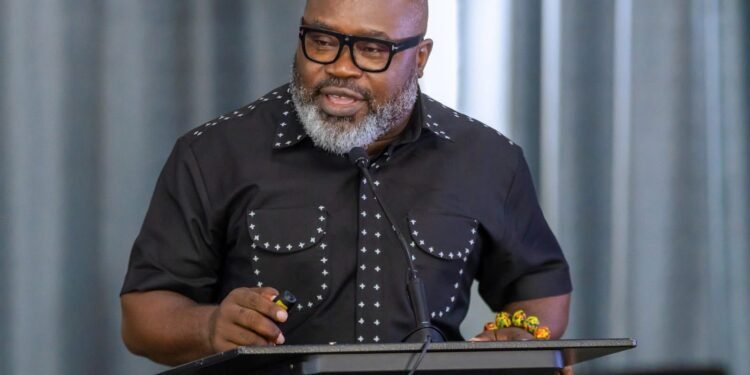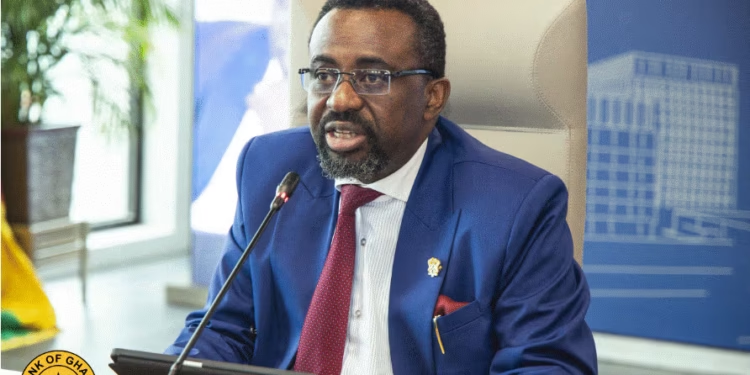Ghana has taken a bold step in its quest to improve access to surgical care with the Ministry of Health convening a two-day national dialogue to address the country’s pressing challenges in Surgical, Obstetric, Trauma, and Anaesthesia (SOTA) delivery.
The forum, organised in collaboration with Operation Smile and Mercy Ships, brought together leading voices in the health sector under the theme: “Bridging the Gap: Policy, Practice and People in Ghana’s Surgical Journey.”
The dialogue served as a platform for policymakers, clinicians, researchers, professional bodies, and international development partners to reflect on progress made so far while examining systemic bottlenecks hindering equitable access to surgical care.
Discussions centered on national surgical policies, clinical practice, and the need to put patients at the heart of Ghana’s surgical journey. Delivering the keynote address on behalf of the Minister of Health, Deputy Minister Prof. Grace Ayensu-Danquah underscored the importance of developing and expanding the country’s surgical workforce.
She said the time has come to train and deploy more specialists including surgeons, anaesthetists, oncologists, cardiologists, nurses, and biomedical engineers whose expertise is critical to managing non-communicable diseases (NCDs) and other complex conditions.
“We know that surgery saves lives. It restores dignity, prevents disability, and offers hope where once there was despair.”
Hon. Prof. Grace Ayensu-Danquah
Prof. Ayensu-Danquah noted that Ghana has made significant progress over the past two decades through investments in healthcare infrastructure, medical training, and improvements in emergency response systems.

However, she admitted that gaps remain, particularly in rural areas where many citizens still lack access to even basic surgical services. The uneven distribution of surgical personnel across the country, she said, continues to leave some regions underserved.
Mahama Cares Initiative
She also highlighted the government’s flagship health initiative, Mahama Cares, which she described as an ambitious and transformative programme designed to revolutionise how Ghana addresses NCDs.
“Mahama Cares places prevention at the forefront, integrating screening and early detection into primary healthcare, expanding access to essential medications, and improving referral systems for specialist care”.
Hon. Prof. Grace Ayensu-Danquah
The Deputy Minister encouraged clinicians and professional associations to remain committed to integrity, professionalism, and the highest standards of patient care.
Chief Director of the Ministry of Health, Mr. Desmond Boateng, acknowledged that despite the strides made, access to safe and affordable surgical services remains a challenge for many Ghanaians. “The disparities between urban and rural care, the delays in treatment, and the financial burden on patients highlight the urgent need for systemic change,” he remarked.
Adding his voice, Dr. John Nkrumah Mills, Chairman of the Implementation Steering Committee of Ghana’s National Surgical Obstetrics and Anaesthesia Plan (NSOAP) and Immediate Past President of the Ghana College of Physicians and Surgeons, stressed the need for government to take deliberate steps to integrate NSOAP into the national health system.
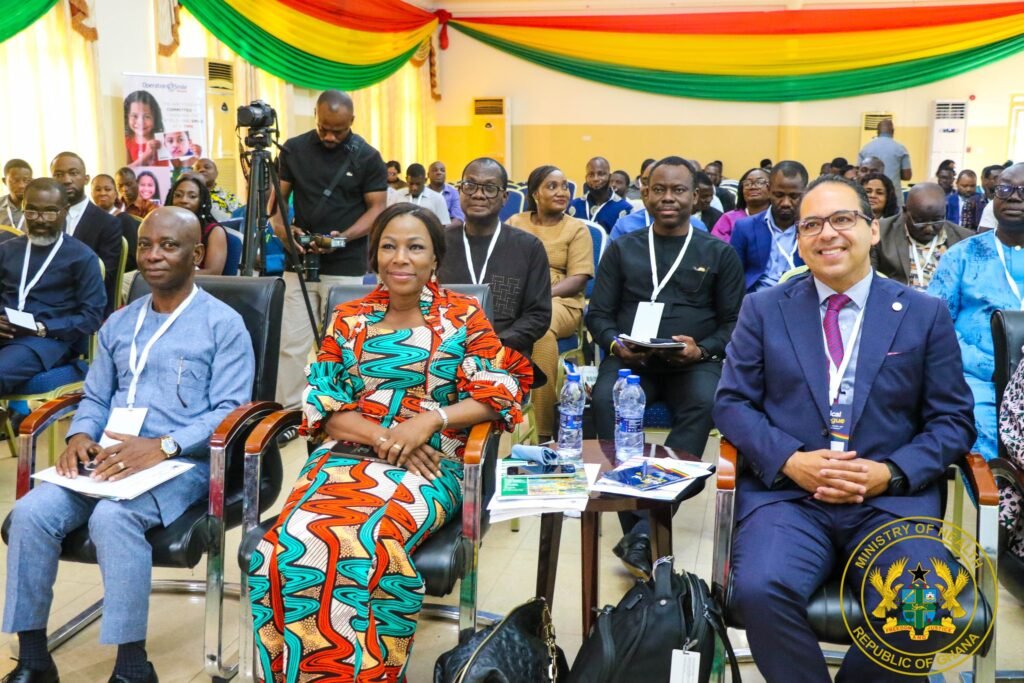
He argued that SOTA care must be treated as a right and not a privilege if Ghana is to achieve universal health coverage. The two-day dialogue featured panel discussions on surgical policy, financing of surgical care, and innovations in SOTA delivery.
The sessions allowed participants to share insights on how Ghana can build a stronger and more resilient surgical ecosystem that is accessible to all citizens, irrespective of geographical location or socio-economic status.
The dialogue convened a broad coalition of stakeholders, including surgeons, anaesthetists, nurses, biomedical engineers, policymakers, researchers, and advocates.
Representatives from the Ministry of Health, Ghana Health Service, Christian Health Association of Ghana (CHAG), World Health Organization (WHO), Ghana College of Physicians and Surgeons, Ghana College of Nurses and Midwives, National Cardiothoracic Center, National Health Insurance Authority, Ministry of Finance, and other partner institutions were also present.
Development partners, civil society groups, and private sector actors, including Stanbic Bank Ghana, contributed to the discussions, reflecting the shared responsibility of strengthening surgical care delivery in the country.
Joint Drive
The convening was jointly funded by Operation Smile and Mercy Ships, two organisations with a long history of supporting access to surgical services in low- and middle-income countries.

Their collaboration with the Ministry of Health underscored the value of partnerships in tackling health system challenges too complex for governments to address alone.
At the close of the dialogue, there was a strong consensus that Ghana’s surgical journey requires a multi-sectoral approach, sustained political will, and continuous investment in human capital, infrastructure, and technology.
The commitment expressed by stakeholders offered renewed hope that systemic barriers can be dismantled and surgical care made equitable, safe, and affordable for all Ghanaians.
READ ALSO: Trump Rules Out Ukraine Joining NATO As Part Of Peace Deal






